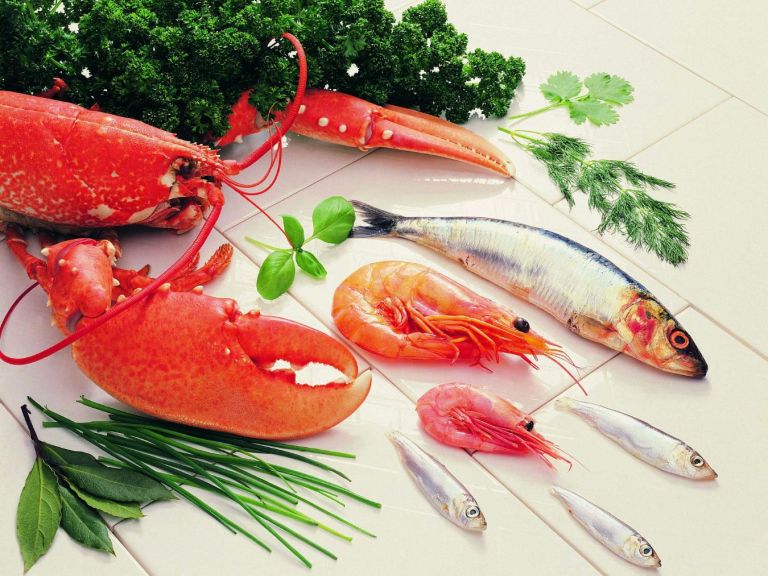
Iodine is probably one of the most deficient mineral in common foods in the soil of some countries, in their soil. Certainly, a common deficiency in New Zealand, Afghanisatan, Australia, Ghana, Guatemala, Hungary, Mongolia and Papua New Guinea and mid Scotland, whilst a total of 54 countries are considered low on a global scale.
Iodine is a trace mineral essential for the proper physical and mental development. It is utilised in the production of thyroid hormones and impacts on cell function, the metabolism of nutrients, production of energy, regulation of body temperature, functioning of nerves and muscles, proper development of the foetus, growth and repair of tissues and the condition of skin, hair, teeth and nails.
While most developed and developing countries have combated the problem by adding iodine to table salt, 200 million people living in remote places are still at risk of severe iodine deficiency. The condition is reappearing in countries that had previously dealt with the issue. This is perhaps due to the fact that in developed countries an awareness of the health hazard of excess dietary salt means that people don’t use as much salt as they used to in cooking, alongside a growing trend towards gourmet sea and rock salts, which do not contain iodine. Are you deficient? More info in the main article.